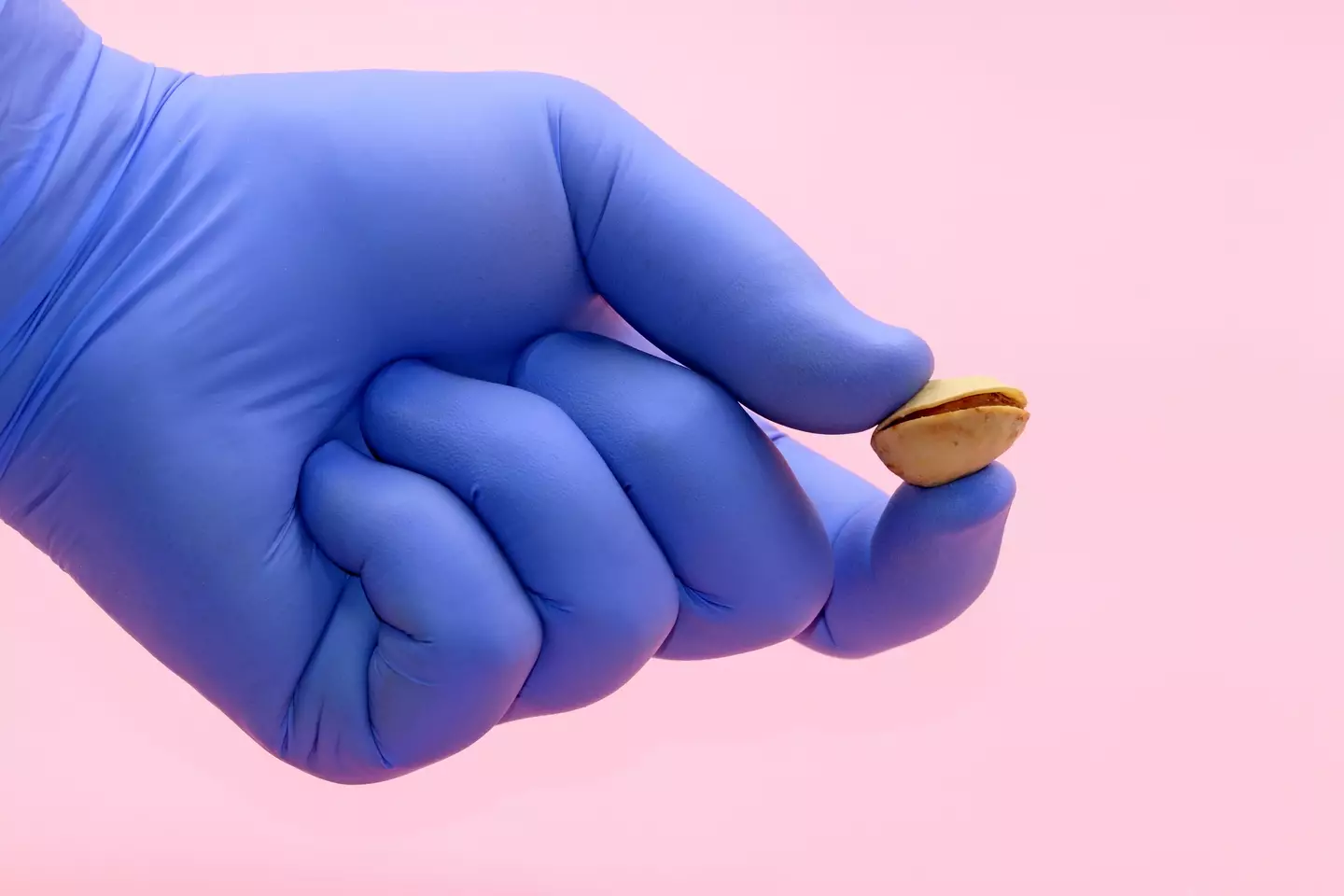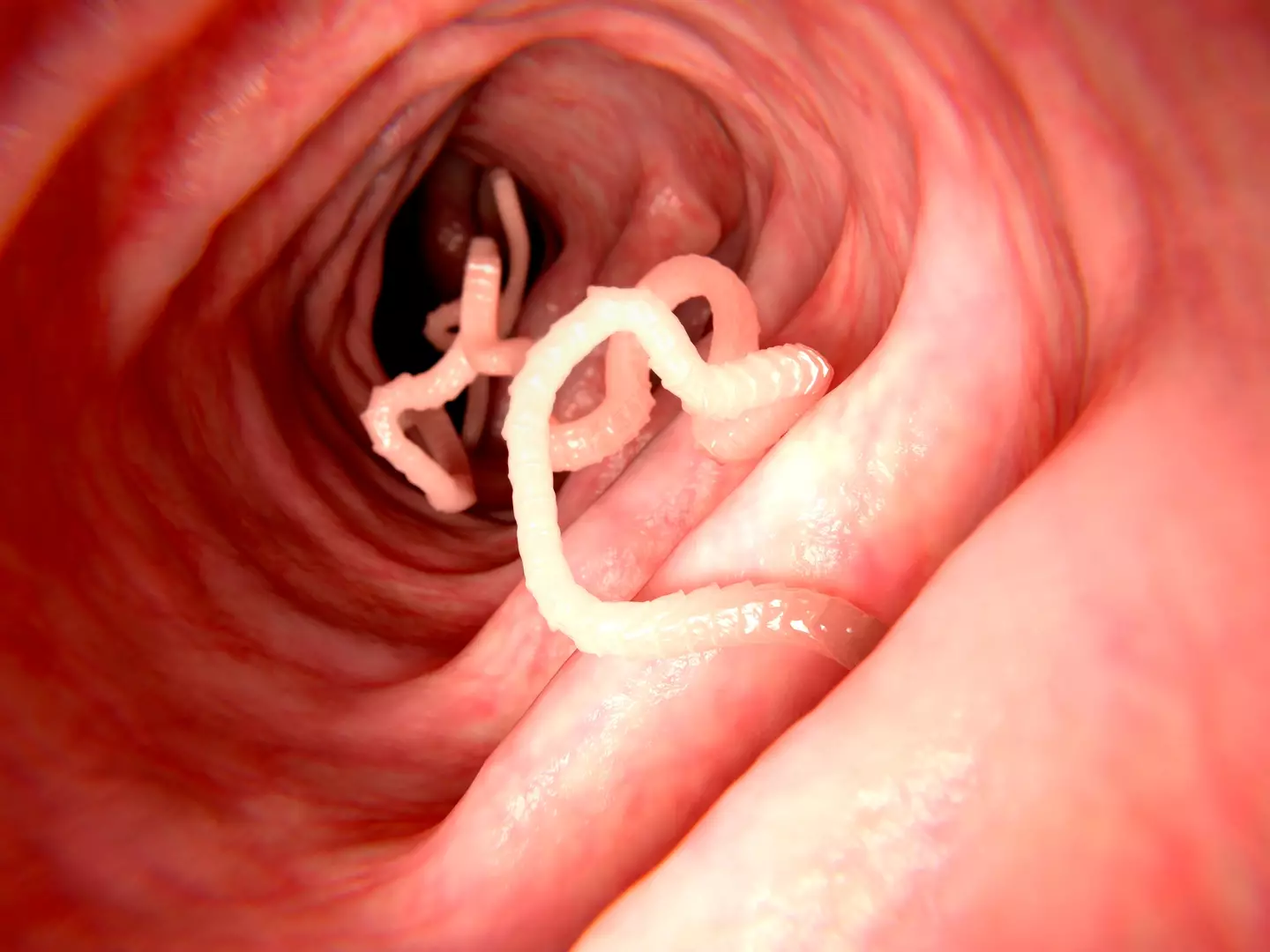
Allergies can range from mild to life-threatening, and for those on the latter end of the spectrum it can mean a life of vigilance and keeping medications within arm’s reach.
They can occur across a wide range of potential allergens, including cat hair, peanuts, pollen, shellfish, eggs and gluten, to name just a few, and the number of people with diagnosed allergies is on the rise.
Now it seems that a common drug could hold the answer to holding allergies at bay and potentially save lives.
Thanks to a study published in The New England Journal of Medicine in 2024, a drug called omalizumab has been shown to reduce the severity of allergic reactions.
Advert

Omalizumab, which sounds like one of the devil’s lieutenants, is commonly prescribed under the brand name ‘Xolair’ for patients suffering from asthma, hives, and chronic idiopathic urticaria.
The study examined its effects in three adults and 177 children aged 1 to 17 years old, all of whom had a reported peanut allergy.
After four months of taking omalizumab, participants were given the equivalent of two to three peanuts. Miraculously, 67% of those on the drug didn’t show a significant allergic reaction.
7% of the cohort were on a placebo, while just 14% of those who had taken omalizumab remained unable to consume even a fraction of a single peanut without an allergic response.
"This is a huge breakthrough for food-allergy treatment,” Ruchi Gupta, a paediatrician at Northwestern University Feinberg School of Medicine in Chicago, told Nature.
"Having treatments that can make people feel safer [while eating] is just wonderful. Having new choices for treatments is really just going to help this field so much."
Off the back of the study, the US Food and Drug Administration (FDA) approved omalizumab for use as a food allergy treatment.
Such a treatment stands to improve allergy sufferers’ quality of life by significantly reducing their risk of a serious reaction.
In the UK, the NHS has said that omalizumab 'has been shown to decrease the number of asthma attacks in patients with more moderate to severe asthma, and in some patients it allows a reduction of other asthma medications'.
While the US’s study didn’t note any significant side effects, it did mention that the medication could weaken a patient’s immune response to parasitic worms.

In the modern, developed world, getting parasitic worms is relatively rare. However, before public sanitation and modern hygiene practices, they were pretty common.
As a result, we’ve got robust worm-fighting immune capabilities, but they’re mostly going unused in the modern world.
Some studies suggest that allergies are our bodies' worm-fighting systems misidentifying certain allergens as worms, triggering strong immune reactions.
So, if you were wondering why the drug might weaken your response to parasitic worms, it’s because it’s dampening the system that both fights worms and causes allergies.
